The JPA specification document provides answers in section 11.1.20, on pages 449 and 450:
The GeneratedValue annotation provides for the specification of
generation strategies for the values of primary keys. The
GeneratedValue annotation may be applied to a primary key property or
field of an entity or mapped superclass in conjunction with the Id
annotation.
The use of the GeneratedValue annotation is only required to be
supported for simple primary keys.
In case you are not familiar with the Id annotation, here is a quick explanation by Vlad Mihalcea from t/his blog post:
The @Id annotation is mandatory for entities, and it must be mapped to
a table column that has a unique constraint. Most often, the @Id
annotation is mapped to the Primary Key table column.
The types of primary key generation are defined by the GenerationType enum:
TABLE, SEQUENCE, IDENTITY, AUTO
The JPA spec gives details on those types as follows:
The TABLE generator type value indicates that the persistence provider
must assign primary keys for the entity using an underlying database
table to ensure uniqueness.
The SEQUENCE and IDENTITY values specify the use of a database
sequence or identity column, respectively. The further specification
of table generators and sequence generators is described in sections
11.1.48 and 11.1.51.
The AUTO value indicates that the persistence provider should pick an
appropriate strategy for the particular database. The AUTO
generation strategy may expect a database resource to exist, or it may
attempt to create one. A vendor may provide documentation on how to
create such resources in the event that it does not support schema
generation or cannot create the schema resource at runtime.
A well-established and recommended strategy is to chose the SEQUENCE strategy, if that is supported by the database management system.
Note well, that strictly speaking, there is no NONE strategy defined in the JPA spec. The corresponding option in the select one menu, depicted in the screenshot, simply expresses that "none" of the four regular types shall be set. This seems to be a fallback to indicate you don’t have chosen your strategy for now. Still, you should pick one from the regular ones.
